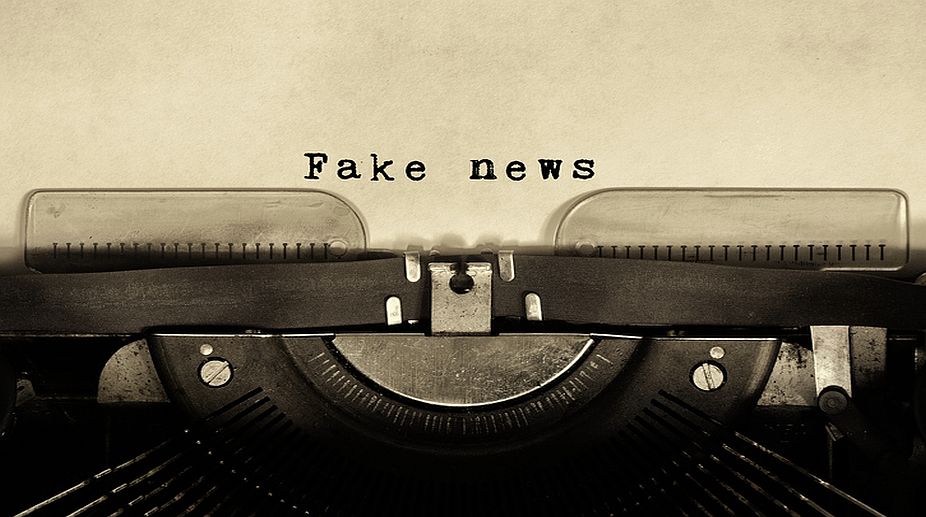The decision, reportedly at the instance of the Prime Minister, to withdraw a circular issued by the Ministry of Information and Broadcasting that sought to penalise journalists with loss of accreditation facilities for publishing or transmitting fake news is welcome.
But it does not come close to addressing the real issue, which is that accreditation of journalists in a democracy is a process of facilitation and not an instrument of regulation as many including the Chairman of the Press Council of India erroneously seem to believe.
Advertisement
The facilitation takes place at the instance of accrediting authorities ~ Central or state governments ~ and is merely a means of streamlining access to information, which in a free society is the right of journalists.
The I & B ministry’s circular was riddled with legal infirmities and ignorance, perhaps deliberate, of procedural issues. It sought to suspend the accreditation of a journalist accused of publishing or transmitting fake news pending adjudication by the Press Council of India ~ a statutory, quasi-judicial body ~ in complaints relating to the print medium or the News Broadcasters’ Association ~ a private body of television channel owners without any legal authority ~ in the case of the broadcast media.
The adjudication was expected to be completed within 15 days, almost impossible to accomplish even if due process is not to be followed. For instance, inquiry committees of the PCI meet once a month, and their decisions have legal sanction only when ratified by the full Council which meets every two months.
In short, the 15-day period prescribed for adjudication was an absurdity, and at least a two-month suspension was guaranteed the moment a complaint was made. The Press Council Act, 1978 prescribes a set of punishments for those found to be in breach of professional ethics.
The Act has no provision to suspend or cancel accreditation of journalists. NBA being a private body certainly has no legal authority to grant or rescind accreditations. Such mischief can only lie in the hands of the Central Press Accreditation Committee, which consists of the Press Information Officer of the Government and 19 members representing organisations of working journalists/mediapersons.
The CPAC was recently reconstituted and many representative organisations of journalists, including the Editors’ Guild of India, were pointedly kept out.
When seen in the backdrop of this reconstitution, and an apparent effort to pack the CPAC with government loyalists, the fake news circular assumes ominous proportions because it then becomes an instrument to deny access to inconvenient journalists.
The Prime Minister has done well to spike the fake news circular. But he must go further if he truly wishes to ensure that the I & B ministry plays the role of a facilitator and not that of a policeman. A free Press is vital for the survival of democracy. Mischief of the sort attempted in the past few days is born out of calculated malevolence.











